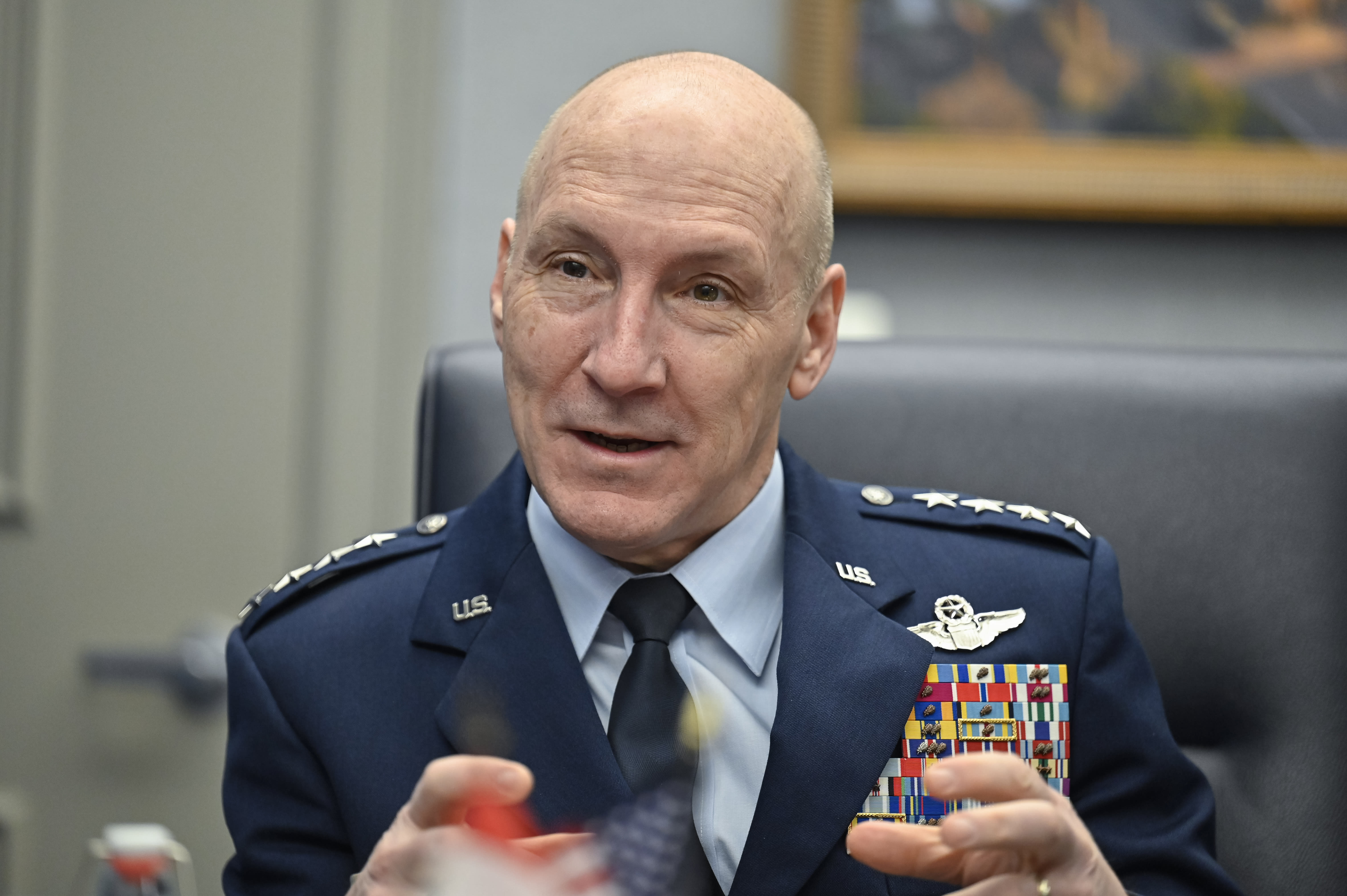Changing Guards in the Air Force: The Unexpected Early Retirement of Gen. David Allvin
 The Tech Times
The Tech Times
In an unforeseen turn of events, the United States Air Force faces a leadership shift as Gen. David Allvin, the Chief of Staff, announces his retirement a full two years ahead of schedule. This development raises important questions about the strategic direction and leadership dynamics within one of the most technologically advanced branches of the U.S. military.
The Man Behind the Stars
Gen. David Allvin, appointed as the Air Force Chief of Staff in 2023, brought with him a wealth of experience and a vision for modernization that aligned closely with the broader Department of Defense objectives. His tenure was marked by efforts to enhance the Air Force's readiness and capability in an era increasingly defined by technological advancements and geopolitical tensions.
Throughout his career, Allvin has been a staunch advocate for digital transformation within the military. His initiatives often focused on integrating cutting-edge technologies such as artificial intelligence and autonomous systems, aiming to maintain the Air Force's edge in air superiority. His early retirement undoubtedly leaves many of these projects at a critical juncture.
Historical Context: A Tradition of Transition
Leadership changes within the Air Force are not uncommon, but early retirements at this level are rare and often signal significant shifts within the organization. Historically, the Air Force has experienced leadership transitions that coincide with pivotal moments in military strategy or geopolitical landscapes.
For instance, during the Cold War, leadership shifts were frequent as the Air Force adapted to the evolving nature of global threats. Similarly, in the post-9/11 era, the Air Force underwent several leadership changes to better align with counter-terrorism efforts and the shift towards asymmetric warfare.
Gen. Allvin's early retirement could be indicative of a broader strategic realignment within the Air Force, perhaps in response to current global tensions or domestic policy shifts. It also raises questions about the continuity of technological initiatives and strategic priorities that were championed under his leadership.
Implications of Early Departure
The implications of Gen. Allvin's early retirement are manifold. Primarily, it places the Air Force at a crossroads regarding its ongoing modernization efforts. The successor's ability to maintain momentum on digital transformation and technology integration will be crucial. Moreover, this leadership shift occurs at a time when the Air Force is grappling with the rapid evolution of warfare, which increasingly includes cyber threats and space as a new frontier.
Furthermore, leadership changes at the top echelons can have ripple effects throughout the ranks, influencing morale and strategic focus. The new Chief of Staff will need to quickly establish credibility and continuity to ensure that the Air Force remains focused on its strategic goals.
Looking Ahead: The Future of Air Force Leadership
As the Air Force prepares for this unexpected transition, the focus will be on appointing a successor who can seamlessly continue the trajectory set by Gen. Allvin. The chosen leader will need to possess not only strategic acumen and a deep understanding of global threats but also a firm grasp on the technological innovations shaping modern warfare.
In conclusion, while the early retirement of Gen. David Allvin may come as a surprise, it also presents an opportunity for the Air Force to reassess and potentially recalibrate its strategic priorities. As the Air Force turns a new page, the focus will be on ensuring that its leadership is equipped to navigate the complexities of a rapidly changing global security environment.
Source: In surprise move, Air Force chief of staff to retire 2 years early
Subscribe to my newsletter
Read articles from The Tech Times directly inside your inbox. Subscribe to the newsletter, and don't miss out.
Written by
